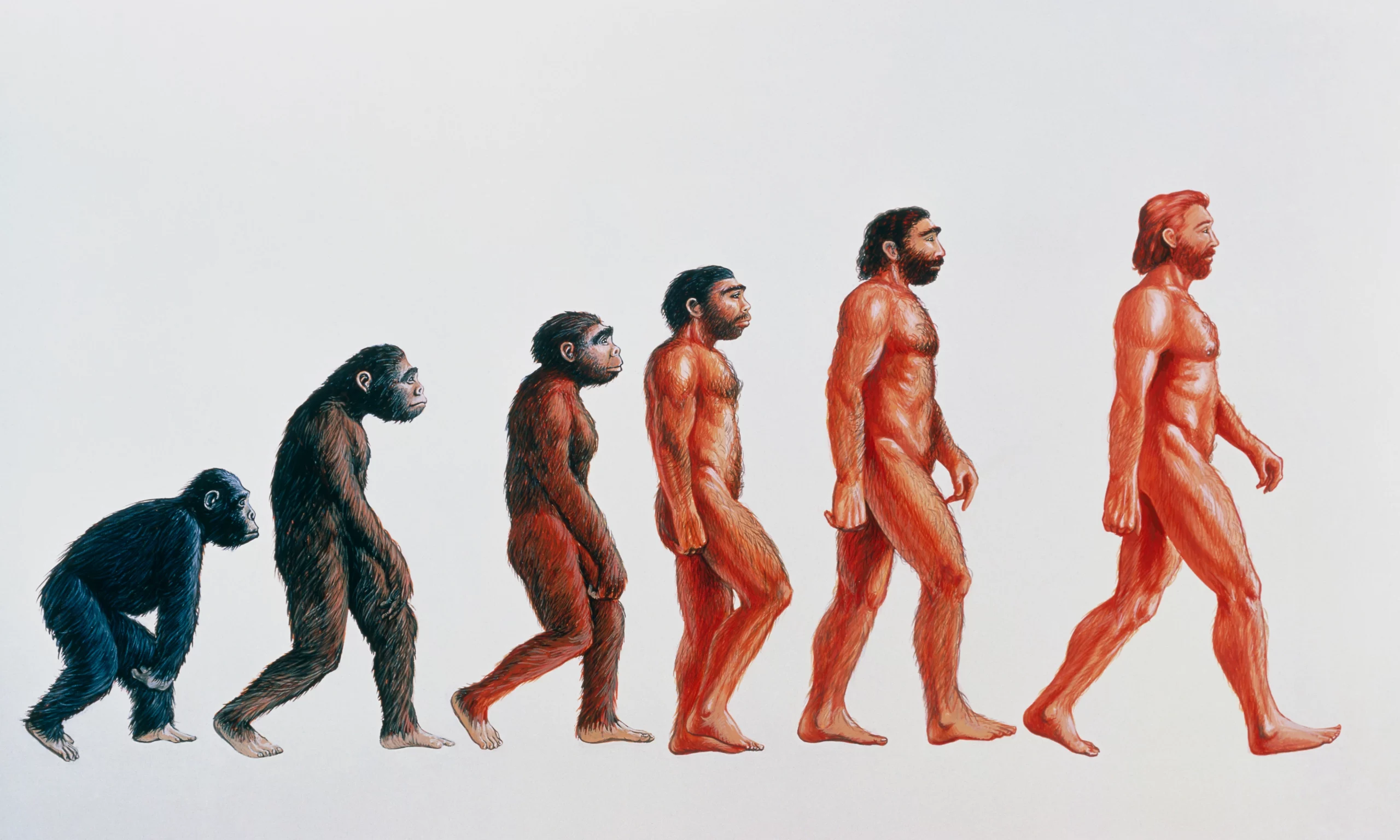WHEN AND HOW WAS WALKING INVENTED? This is an vital query due to the fact many anthropologists see bipedalism — this means that strolling on legs — as one of the defining traits of “hominins,” or contemporary-day human beings, and their ancestors.The tracks show that those hominins walked on legs, however the gait appears to be a chunk exceptional from ours nowadays. Still, Laetoli presents strong proof for bipedalism 3.five million years ago.
It is tough to provide a easy solution, aleven though, due to the fact bipedalism did now no longer simply seem one day. It went via a slow evolution that started out many hundreds of thousands of years ago.Of course, there aren’t anyt any videos of the primary man or woman ever strolling upright. So how do scientists try and solution questions on how human beings moved withinside the very historic past?
Luckily, the form of a creature’s bones and the manner they suit collectively can inform the tale of ways that frame moved whilst it turned into alive. And anthropologists can locate different proof withinside the panorama that shows how historic human beings walked.
In 1994, the primary fossils of an unknown hominin have been located in Ethiopia. The anthropologists who located the stays known as the brand new discovery, an grownup woman character, Ardipithecus ramidus, nicknamed “Ardi.” Over the subsequent 10 years, greater than a hundred fossils from Ardi’s species have been located and dated to among four.2 million and four.four million years old.
When scientists tested this series of bones, they recognized positive traits that indicated bipedalism. The foot, for example, had a shape that allowed the sort of toe push-off that we’ve nowadays, which four-legged apes do now no longer have.
The form of the pelvic bones, how the legs have been located beneathneath the pelvis, and the way the leg bones suit collectively all recommended upright strolling too. It can be that Ardi did now no longer stroll precisely as we do nowadays, however bipedalism because the everyday manner of motion does appear to be function of those fossils from as early as four.four million years ago.
Anthropologists had already located the almost forty percentage entire skeleton of a hominin species that lived approximately 1,000,000 years after Ardi, additionally in Ethiopia. Because of its similarity to different fossils located in southern and japanese Africa, they known as it Australopithecus afarensis, which in Latin means “southern ape from the afar region.”
This character turned into woman, so that they nicknamed it “Lucy” after a music with the aid of using the Beatles that turned into famous on the time.
Many greater fossils from this species — greater than three hundred people — had been brought to the group, and nowadays researchers realize pretty loads approximately Lucy and her relatives.
Lucy had a partial however well-preserved pelvis, which turned into how anthropologists knew she turned into woman. The pelvis and higher leg bones suit collectively in a manner that confirmed she walked upright on legs. No toes bones have been preserved, however later discoveries of A. afarensis do consist of toes and suggest bipedal strolling as well.
In addition to fossil stays, scientists located different first-rate proof for the way Lucy’s species moved on the Laetoli web website online in Tanzania. Beneath a layer of volcanic ash relationship to 3.6 million years ago, anthropologists located fossilized footprints in what had as soon as been a moist floor of volcanic ash.
The tracks move alongside for nearly a hundred toes, and 70 character prints suggest the presence of at the least 3 people strolling upright on toes. Given the presumed age, the makers have been probably Australopithecus afarensis.
The tracks show that those hominins walked on legs, however the gait appears to be a chunk exceptional from ours nowadays. Still, Laetoli presents strong proof for bipedalism 3.five million years ago.
A hominin whose anatomy turned into so like our personal that we will say it walked as we do did now no longer seem in Africa till 1.eight million years ago. Homo erectus turned into the primary to have the lengthy legs and shorter hands that could have made it feasible to stroll, run and pass approximately Earth’s landscapes as we do nowadays.
Homo erectus additionally had a miles large mind than did in advance bipedal hominins and made and used stone equipment known as Acheulean implements. Anthropologists bear in mind Homo erectus our near relative and an early member of our personal genus, Homo.
So, as you may see, human strolling took a completely long term to develop. It seemed in Africa greater than four.four million years ago, lengthy earlier than tool-making seemed.
Why did hominins stroll upright? Perhaps it allowed them to peer predators greater easily, or to run faster, or perhaps the surroundings modified and there have been fewer timber to climb as in advance hominins did.
In any case, human beings and their ancestors started out to stroll very early of their evolutionary history. Even aleven though bipedalism got here earlier than tool-making, an upright posture freed the palms to make and use equipment, which in the end have become one of the hallmarks of human beings like us.














